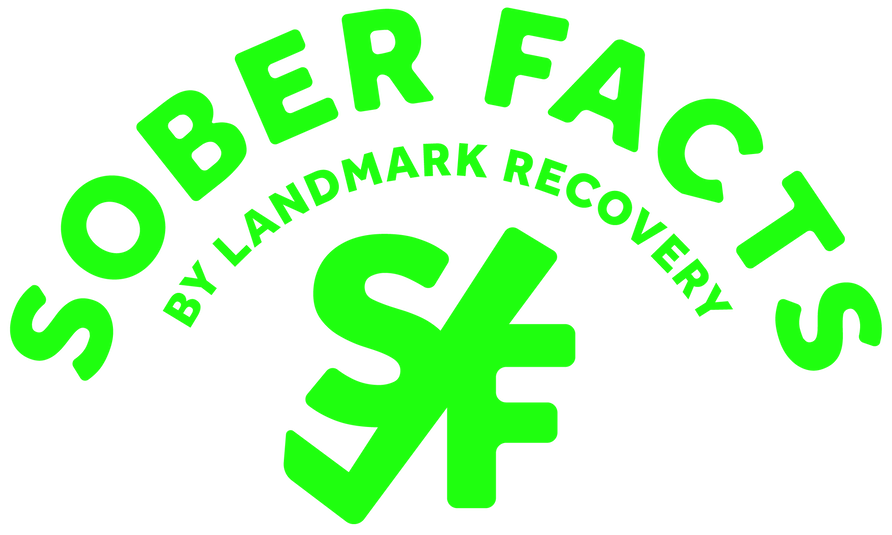Choosing recovery close to home means your support system is just a few miles away.
- 100% Confidential
- Available 24/7
- No Pressure to Commit
- Multiple Financial Options Available
Choosing recovery close to home means your support system is just a few miles away.

Sounds Like: ket.ah.mean
Classification: Dissociative Arylcyclohexylamine
Controlled Substance Act Schedule: III
Other names for Ketamine

Ketamine is colloquially known as a horse tranquilizer (and is more accurately a basic anesthetic for veterinary purposes), but is becoming increasingly known as a therapeutic drug for treating substance use and depression in clinical settings.
The drug was first discovered during the research and development phase of looking for a PCP alternative at Parke Davis Laboratories. Calvin Stevens was the scientist responsible for developing the anesthetic, partly because clinical trials determined that PCP was unsuitable for human use due to hallucinogenic properties. Once it was approved in the US for human use, ketamine was used as a field anesthetic during the Vietnam War.
It’s possible to become addicted to ketamine, partly because of the higher abuse potential through the proclivity of users to chronically redose. Recreational ketamine use has been reported since the late 1960s, when medical chemists were using it themselves. Since then, it’s become a popular drug to use in nightclubs due to the relaxant properties.
Need help with Ketamine or another drug addiction?
Call Landmark Recovery and speak with an admission specialist today.
Call NowWe're available 24/7 to help you find Recovery
Ketamine is primarily a veterinary anesthetic for use in animals. At one time, it was used as an effective anesthetic in places where medical supplies were difficult to procure. When ketamine for a human is administered properly under the guidance of a medical professional at a tailored dose depending on the purpose, it shows no sign of being addictive. However, when used compulsively in a recreational setting, the drug can quickly become addicting.
Ketamine is a popular club drug, as it’s a highly effective relaxant and dissociative. Some users of recreational ketamine have reported an effect called the “K-hole,” where they essentially began hallucinating and dissociating in a trance-like state. This particularly happens at high doses and isn’t physically harmful, though very high doses may have lasting adverse effects.
When ketamine is used recreationally, most users will snort (insufflate) a powdered form, sometimes made through an evaporation process with liquid ketamine on a hotplate. The use of powdered, snorted ketamine is largely because it’s more bioavailable through insufflation.
Liquid injectable forms of ketamine are the primary ways in which ketamine is administered to both humans and animals. Ketamine, when administered in clinical settings, is often given through intravenous (IV) therapy to patients. There are specialized clinics in some states (if legal) where patients are given ketamine via IV therapy as a form of depression or addiction treatment.

Norman Cook, aka Fatboy Slim, a famous dance music producer who’s reportedly stated that he used it occasionally in the 1990s, has said that the right dose is “incredible” and that too much feels like “dying.”
Timothy Leary, one of the most famous counterculture figures in the 1960s, reported that his use of ketamine was like “involuntary death.”